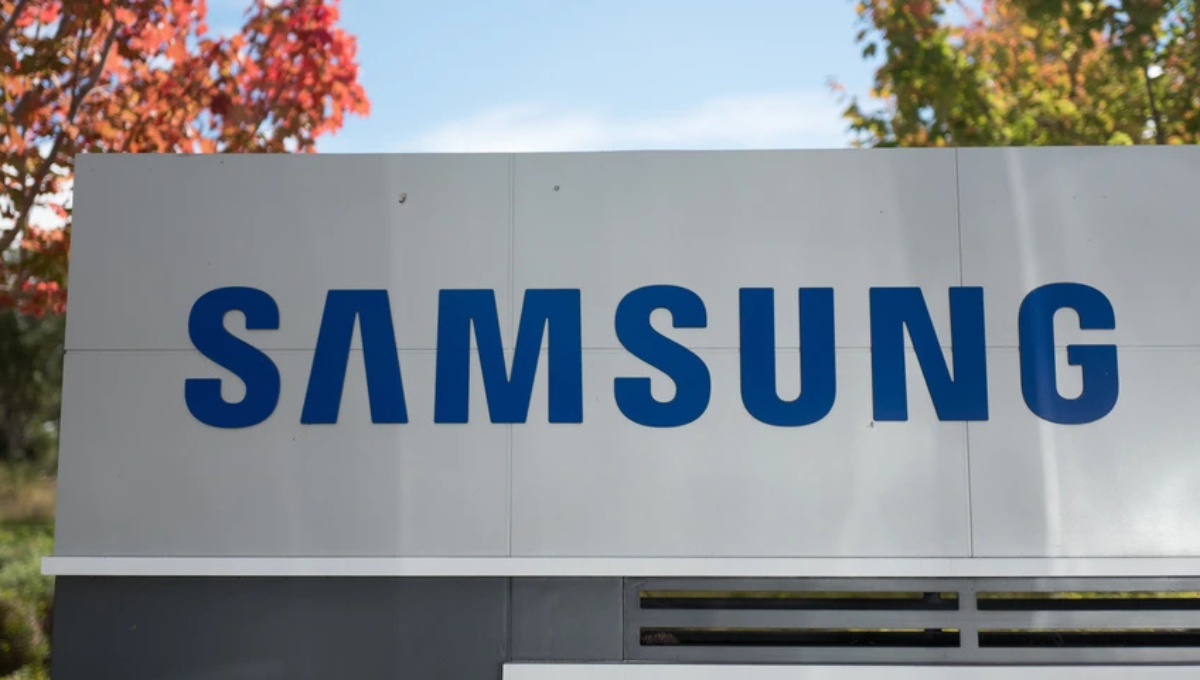Harman International, a U.S.-based subsidiary of Samsung Electronics, has been fined $1.45 million by the U.S. Department of the Treasury’s Office of Foreign Assets Control (OFAC) for violations of U.S. sanctions against Iran. The settlement marks a significant enforcement action involving a major global electronics company and underscores key compliance lessons for companies operating across international borders.
Background and Violation Details
Harman International, acquired by Samsung in 2017 for about $7 billion, specializes in audio and automotive electronics. Between May 2018 and October 2020, Harman’s products were sold on 11 occasions to Iranian end users via a distributor based in the United Arab Emirates (UAE). These sales occurred despite indications that the products would be diverted to Iran, a country subject to strict U.S. sanctions that prohibit direct or indirect transactions with Iranian entities.
The U.S. Treasury investigation revealed that 13 British nationals employed by Harman’s U.S. subsidiary were involved in facilitating these transactions. Employees expressed internal concerns about potential sanction violations but used coded language in emails and internal messages to hide the true nature of the transactions. Iran was referred to euphemistically as “North Dubai,” “the northern region,” or “up north” to obscure the destination. OFAC classified these violations as “serious” but noted several mitigating factors in determining the penalty (OFAC, July 8, 2025; Chosun, July 10, 2025).
Harman formally terminated its relationship with the UAE distributor in October 2020 following internal disputes and compliance concerns.
Compliance Deficiencies Identified
The enforcement release detailed significant compliance shortcomings at Harman. The company lacked a formal system to monitor or audit sanctions-related risks. Compliance management was limited to a single senior director responsible for supply chain and global trade compliance, who was under-resourced and lacked specialized expertise and screening tools necessary for adequate oversight.
Harman’s legal team also lacked dedicated resources and training to develop robust knowledge of OFAC sanctions. Consequently, these gaps extended to overseas employees of the U.S. subsidiary, who were reportedly unaware or unable to prevent the illicit diversion of products to Iran. These weaknesses in internal controls and compliance culture contributed significantly to the sanctions violations (OFAC enforcement release).
Penalty and Legal Framework
Under the International Emergency Economic Powers Act (IEEPA), the maximum statutory civil monetary penalty for the 11 violations was calculated at approximately $4.15 million. However, OFAC considered the self-disclosure by Harman, the cooperative investigation process, and the implementation of remedial measures, which led to a reduction of the fine to $1.45 million — about 35% of the maximum potential penalty.
The violations centered around breaches of Section 560.204(a) of the Iranian Transactions and Sanctions Regulations (ITSR), which prohibits the exportation, reexportation, sale, or supply, directly or indirectly, of goods or services to Iran or the Iranian government by U.S. persons or entities under U.S. jurisdiction (OFAC enforcement release).
Key Lessons for Multinational Companies
This case serves as a cautionary tale with several vital operational insights for U.S. companies and their subsidiaries or distributors globally:
- Robust Compliance Programs Are Essential: Companies must implement formal, comprehensive sanctions compliance programs that include regular risk assessments, detailed audits, effective internal controls, and employee training. Reliance on minimal compliance staffing or pass-through responsibility to business units and local legal personnel is insufficient.
- Employee Awareness and Accountability: Clear communication and training about sanctions laws are critical across all geographic locations, especially among overseas employees with operational or sales responsibilities. Employees must be trained to identify and raise red flags without resorting to secrecy or coded language.
- Due Diligence on Distributors and Partners: Vigilant monitoring and auditing of third-party distributors and partners must be standard. Companies should screen and continually reassess distributors to ensure compliance with sanctions, especially those operating in regions with elevated risk of diversion.
- Prompt Self-Disclosure and Cooperation: Voluntary disclosure of violations to OFAC and full cooperation with investigations can significantly mitigate fines and demonstrate corporate responsibility.
- Cultural and Structural Changes May Be Needed: Global firms with complex organizational structures should ensure that compliance policies and procedures are uniformly implemented and enforced throughout all subsidiaries and regions.
Samsung has not publicly commented on the Harman sanctions settlement, nor disclosed any specific structural changes implemented at Harman following the fine. However, such enforcement actions often prompt internal reviews and enhancements in corporate compliance frameworks (AML Intelligence, July 29, 2025).


